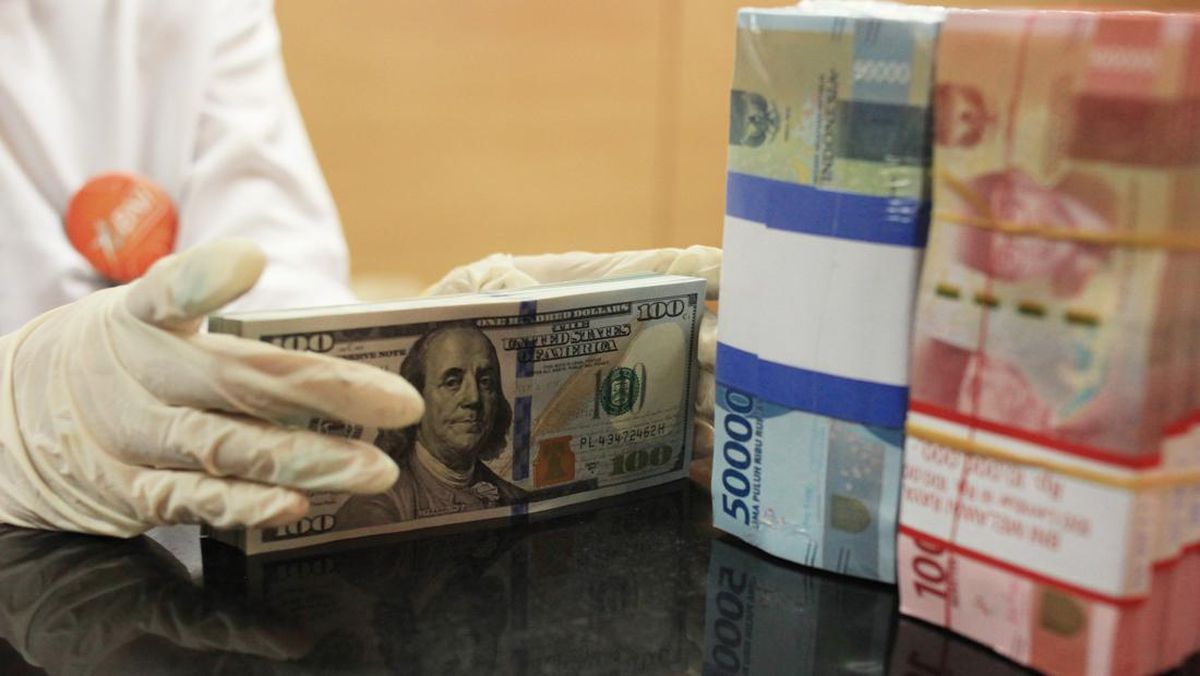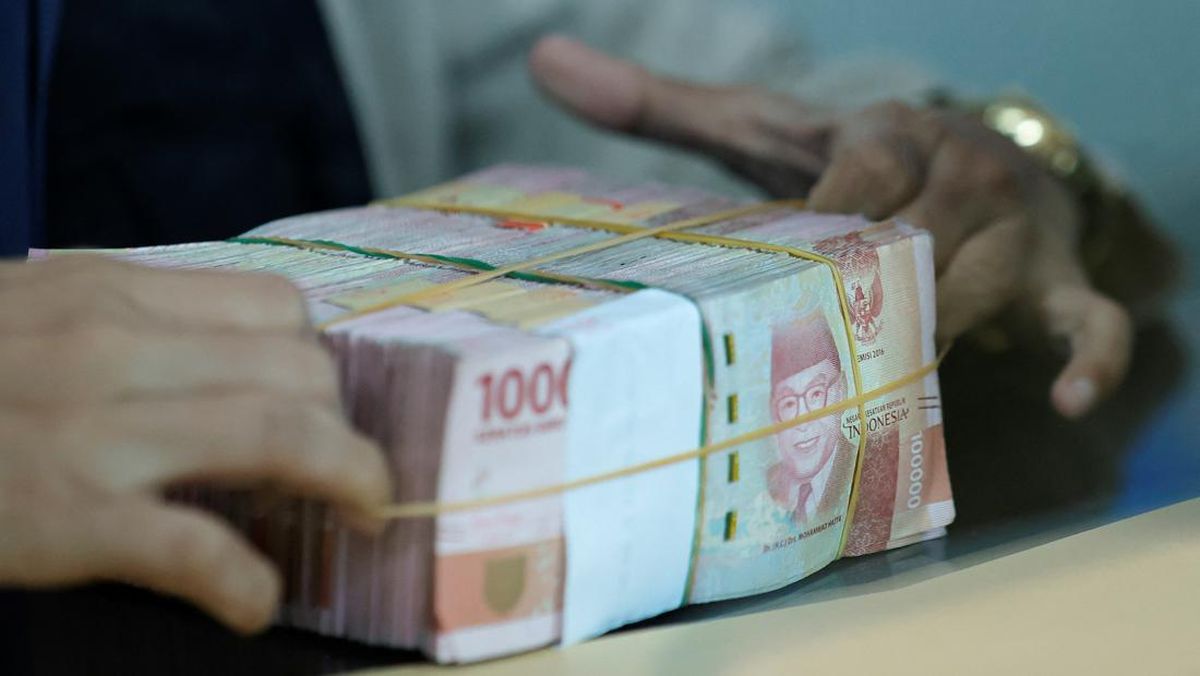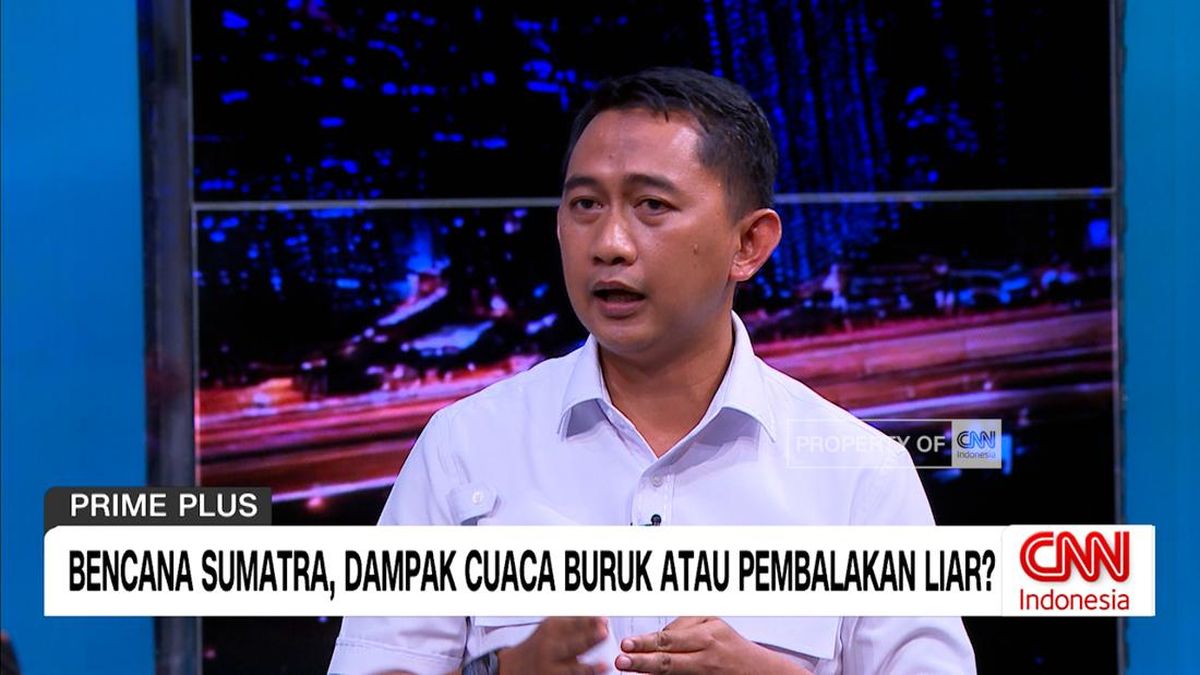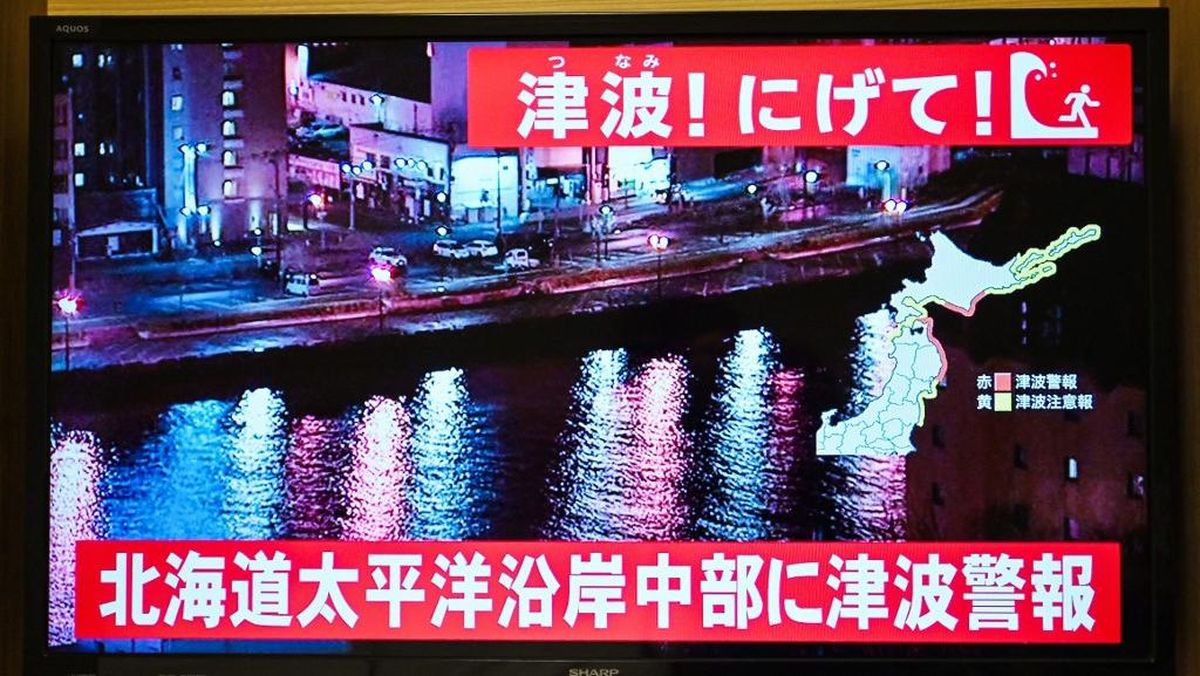After Paul Dalgarno’s first book was published, he felt flat as week-old champagne. The Aberdeen-born author wrote And You May Find Yourself about moving to Melbourne and trying to make ends meet as a new parent in a new country.
His long-held dream of publication was based on the assumption that having a book in the world would be a happy event. That assumption, he discovered, was wrong.
“I’m a shy person, and the book was about my life,” Dalgarno explains. “It wasn’t a million miles from the feeling I had before my one and only stint as a life drawing model. That involved me standing behind a blue curtain in the nuddy listening to artists in a community group chat about last night’s telly while my brain told me, ‘You’ve got this wrong, Paul, you can’t just go out there without your clothes, everyone’s going to laugh at you, they’ll see you in your vulnerable entirety.’

Paul Dalgarno says publishing a book can feel strangely anti-climatic.
“The big difference with the book was that, after all that prep to get myself mentally ready, it was like stepping out naked to something much, much worse: virtually nobody was looking at me and I just stood there in my nuddy vulnerability before shuffling back to obscurity and feeling like a first-class numpty.”
A British YouGov poll on the most desirable occupations had author as the top response. An often-cited stat suggests that 81 per cent of Americans want to write a book. Aspirations are presumably similar in Australia. Balmy days pottering around home while doing some light imagining. Glitzy launches and high-cred festival panels. Respected, listened to, known. Who wouldn’t want that sweet gig?
Writers – and wannabe writers – dream of the magical day when their book is published. For some, reality matches expectation. Kylie Mirmohamadi (Diving, Falling), for example, describes “euphoria”. For others, it means a dose of the blues, or worse.
This stark contrast reveals a hidden truth: the process that consumes years of a writer’s life can culminate in feelings of emptiness, disconnection and even quiet despair. Far from the romanticised ideal of the author’s journey, publishing a book often triggers a complex emotional aftermath, challenging deeply held expectations. Writers are often loath to talk about it.
Loading
Australian Society of Authors (ASA) chief executive Lucy Hayward says authors often report feeling flat or disoriented post-publication. The ASA offers a free Members Advice Service and links to the Support Act Wellbeing Helpline, staffed by experienced counsellors knowledgeable about the particular difficulties faced by Australian writers and other creators.

Inga Simpson says the overwhelming sound on publication day is silence.Credit: Red Berry Photography
“The publishing industry is notoriously opaque, and while authors are very generous about sharing what they know with their peers, every author’s publication might look a little different,” she says.
“Quite reasonably, some creators might feel a post-publication slump because the reality of publication did not meet their expectations.”
Writers who imagined heraldic trumpets to signal their book’s emergence are left with the strained silence of the unvisited signing desk.
“A champagne cork popping is over in a second,” says Inga Simpson, who has written nine books, including six novels. “The overwhelming sound on publication day is silence. It takes time for a book to leave bookstore shelves, to be read. The moment, the day, is always an anti-climax.”
Another factor at play is the end of an exclusive relationship. Writers spend so much time alone with their books, sharing them with the world can feel like a rupture. “It is such an immersion in another world, one I have created, complete with landscapes and characters and ideas, which at some point became its own wild thing, and me just the one delivering it,” Simpson says.

Katherine Brabon says she felt “untethered” after the publication of The Cure.Credit: Eddie Jim
“It is so intellectually and imaginatively stimulating that when it is over, slumped in exhaustion, I miss the world of that book, which has become more real – or preferable – than my own. And I miss being in that heightened state.”
Katherine Brabon, speaking on the day her novel Cure reached bookshops, describes feeling “untethered” after publication. “I think that nothing can surpass the rush of the creative process itself,” she says. “While post-publication has its own joyful moments — a launch, bookshop visits — there’s something about the internal motivation that the external world can’t quite match.”
The 2022 National Survey of Australian Book Authors found that local writers make an average of $18,200 per annum from their work, a figure presumably skewed by the handful of high-earning luminaries – Trent Dalton, Jane Harper, Liane Moriarty and not many others. Most Australian writers aren’t doing it for the money.

Author Jock Serong says he always experiences post-publication desolation. Credit: Nicole Cleary
But even the critical and commercial success of Jock Serong’s seven novels has not inoculated him against publication desolation. “It happens every time,” Serong says. “Fiction moves so slowly, and over this long period, you’ve poured everything – your dreams, your technical ideas, your time, your love – into the piece of work. At least at some subconscious level, you come to believe that anything is possible for the book when it comes out. This is not egotism – it’s a kind of logic. Everything went in, so in theory, everything can come out. It might change lives. It might change my life.
“Then it doesn’t. The world consumes the book in a few weeks. People say nice things. Family, friends and fellow writers are supportive. Then the publicity campaign ends, and suddenly it’s over. Two cold realisations occur inside you. One is that you haven’t changed the world – you’ve barely made a dint – and the other is that you have expended yourself creatively. The everything has left nothing.”
Loading
Serong is a regular guest at writing festivals and says this is a good antidote, giving the book a second life even though it has moved from the front display of bookshops to the shelves or possibly out the back door. Gigs on the speaking circuit, let alone bank balance-bolstering prizes, are never guaranteed, and it can be rough dealing with the glittering success of colleagues.
“I liken it to having a brilliant and beautiful girl child,” says David Owen Kelly, author of Host City. “Sending her off to a debutante ball, only for her return in tears with an empty dance card and an ugly spill right down her front, Carrie style, after another deb bumped into her on their way to the podium to accept the Most Popular And Gorgeous award.
“I want the best for my mental offspring, and when the best fails to happen, it’s a tragic injustice and a lost opportunity.

Novelist Eleanor Limprecht says it can be hard for authors to manage jealousy.Credit: Marco Del Grande
“It takes a long time to write a book and I invest a lot of fantasy in the outcome, which helps me reach the end. It’s the collapse of all that fantasy that’s miserable. But, as I have to remind myself, the fantasy was nothing more than scaffolding, so it had to fall away. Also contributing is the fact it’s going to take at least another three or four years – if I’m extremely lucky – before I’ll have anything else of worth to show. Seeing that long, lonely highway stretching ahead.”
Eleanor Limprecht, whose fifth novel, Cul de Sac, is out in 2026, is also brave enough to mention the green-eyed monster. “Publicity schedules are filled with perceived slights and rejections, when suggested events or festival pitches are turned down because you aren’t a big enough name, when your book isn’t reviewed in the media or it is but harshly, when you aren’t invited on someone’s radio show or someone else’s blog,” she says.
“And meanwhile, you must be on social media, where it appears that every other author you know has a 12-city book tour and international festivals. It is so hard to manage this jealousy, and I think the vast gap that sometimes exists between expectation and reality is the main source of the post-publication blues. What helps is therapy, dear author friends to talk to and who will admit to the same ugly feelings, and a new project to busy myself with.”
Limprecht also says the sensitivity required to be a good writer is a bad fit with the demands of publication. She recalls “struggling to sleep as my brain churned with anxiety and imposter syndrome. You have to go from introvert who is rarely seen in public to extrovert who can sit on a stage and engage in a coherent conversation with other authors and clever journalists.”
Writers and publishers are always eager to see their work reviewed, but this can extract an emotional toll, even when the reviews are positive.
After two acclaimed short-story collections, Laura Elvery’s first novel, Nightingale, was released in May. “Shortly after publication I was dismayed that a few reviews had divulged what I saw as key plot points,” she says. “All those hours – years! – of deciding what to reveal on the page, and at which moments, and how to shape the narrative timeline were gone.

Novelist Laura Elvery found was dismayed by reviews that spoiled plot points in her book.
“Readers probably don’t even notice these reveals and maybe I sound shallow. It’s like being a teenager, convinced everyone is looking at you specifically every second. Then you get older and you’re like, oh, that’s right, nobody actually notices anything.”
Award-winning speculative fiction author Grace Chan felt a mix of emotions when her debut novel Every Version of You appeared. “Creating a book is such a vulnerable, narcissistic – not in a bad way – act,” Chan says.
“You’re pouring your psychic energy into this project for years on end. You have to obsess over it. It has to become your world, the air you breathe, the tone of your dreams. And then suddenly that creation is released from you and sent out into the world for others to examine and judge.
“You have to reconcile the cognitive dissonance: something that has been your world for years and years is just another book on the shelf, with a price tag on it, that people are going to summarise in a pithy two-line review on Goodreads. All that energy and purpose suddenly has nowhere to go.”
Loading
When not building elaborate fictional worlds, Chan works as a psychiatrist. If other writers asked for guidance, what would she prescribe?
“I think community plays a big role,” Chan says. “Connecting with other writers at different stages, and perhaps mentorship from a more experienced author at specific points throughout the publication process, could make a huge difference to pre-empt and normalise these feelings and expectations.”
Michael Winkler is a writer whose novel Grimmish was shortlisted for the 2022 Miles Franklin Literary Award. His new book, Griefdogg, will be published by Text in 2026.


















































